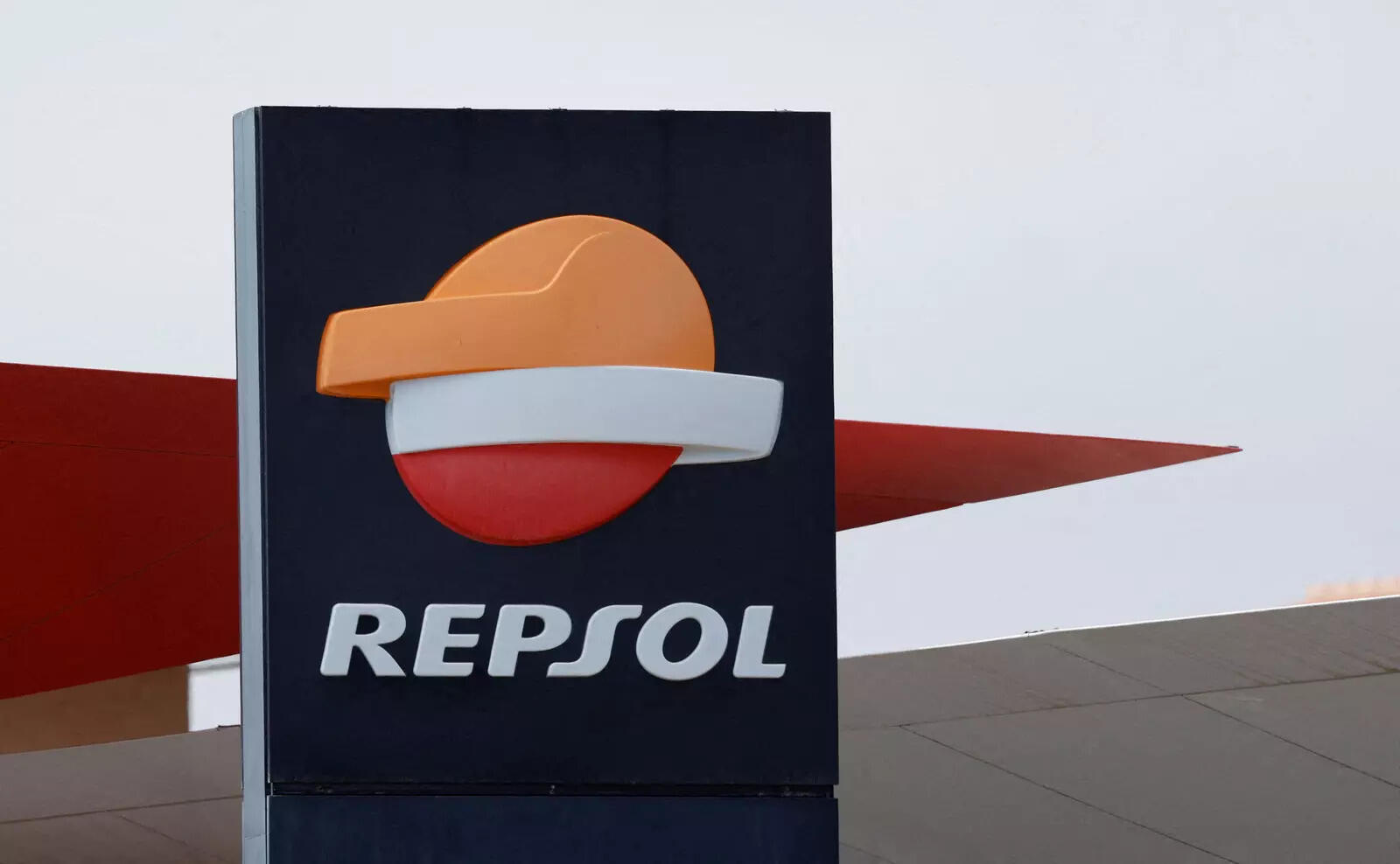
Repsol has informed the Canadian government that an east coast liquefied natural gas (LNG) project is not economically viable because the cost of transporting gas to the terminal would be too high, a Canadian government spokesperson said on Thursday.
Spanish company Repsol had been looking into developing an LNG export terminal in St. John, New Brunswick, to supply European markets, part of a global push to secure alternative supplies to Russian gas following the invasion of Ukraine.
But to reach the terminal gas would have to be transported thousands of kilometres from western Canada, requiring new pipeline capacity through Canadian provinces and northeastern U.S. states that in the past have resisted fossil fuel development.
“In the case of St. John LNG, the project proponent has informed us that their evaluation concludes there is no business case, as the cost of transporting gas across the significant distances are too high to support project economics,” said Ian Cameron, a spokesperson for the Ministry of Natural Resources.
Repsol did not immediately respond to a request for comment.
Last summer Repsol CEO Josu Jon Imaz said the company would need a buyer to commit to a 15- to 20-year offtake agreement for the gas, as well as new pipeline infrastructure and tolling agreements to get the gas to the Atlantic coast.
European countries scrambled to source new gas supplies last year as prices rocketed following Russia’s invasion of Ukraine, prompting German Chancellor Olaf Scholz to visit Canada in August in the hope the world’s sixth-largest producer could expedite exports to Europe.
Earlier in 2022, the Canadian government was in talks with Repsol and privately-owned Pieridae Energy about potentially accelerating their LNG projects on the east coast but Ottawa’s support appeared to wane even before Scholz’s visit.
“We will continue to support our European friends and allies as they accelerate their clean energy transition and eliminate their dependence on Russian energy,” government spokesperson Cameron added.
“It is up to individual proponents to ensure the economic viability of their proposed projects.”
Pieridae Energy did not immediately respond to a request for comment.